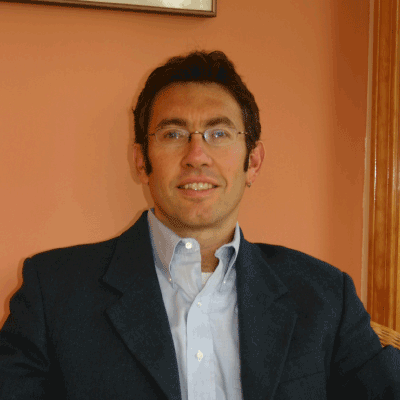LAII Lecture Series: Mexico's Difficult Democratic Moment
Claudio Holzner, Director of the Center for Latin American Studies, University of Utah

Tuesday, March 06, 2018 | 12:00 pm - 01:00 pm
Latin American and Iberian Institute
801 Yale Blvd NE (campus building #165)
About:
Join the Department of Political Science and the LAII for a presentation with Dr. Claudio Holzner, Associate Professor of Political Science and Director of the Center for Latin American Studies at the University of Utah, as he discusses the political context of Mexico's upcoming presidential elections.
Mexico will hold presidential elections this summer, its third such elections since becoming a democracy in 2000. Given its close economic relationship with the United States and the implementation of significant reforms that ensured free, fair and competitive elections, most analysts expected democratic practices to gradually strengthen and consolidate. These optimistic predictions have fallen short. This talk will assess the strengths and weaknesses of Mexico’s democracy with a look forward to the next elections, which promise to be the most contested and uncertain in the country’s modern history.
Holzner’s research focuses on understanding how and why individuals come to participate in political activities in the countries in which they live, with a particular focus on examining the institutional factors that lead to the inclusion or exclusion of marginal or vulnerable groups. Whether or not marginal groups have equal access to political leaders and more or less equal opportunities to voice their interests has important implications for representation, accountability and the quality of democratic systems, not to mention for core issues of social justice and equity. He has explored these questions in the context of Mexico in various journal articles and in his book, Poverty of Democracy: The Institutional Roots of Political Participation in Mexico (Pittsburgh University Press 2010).
Notes:
This event is free and open to the public.
Sponsors:
Department of Political Science, Latin American and Iberian Institute (with support from the US Department of Education Title VI)
